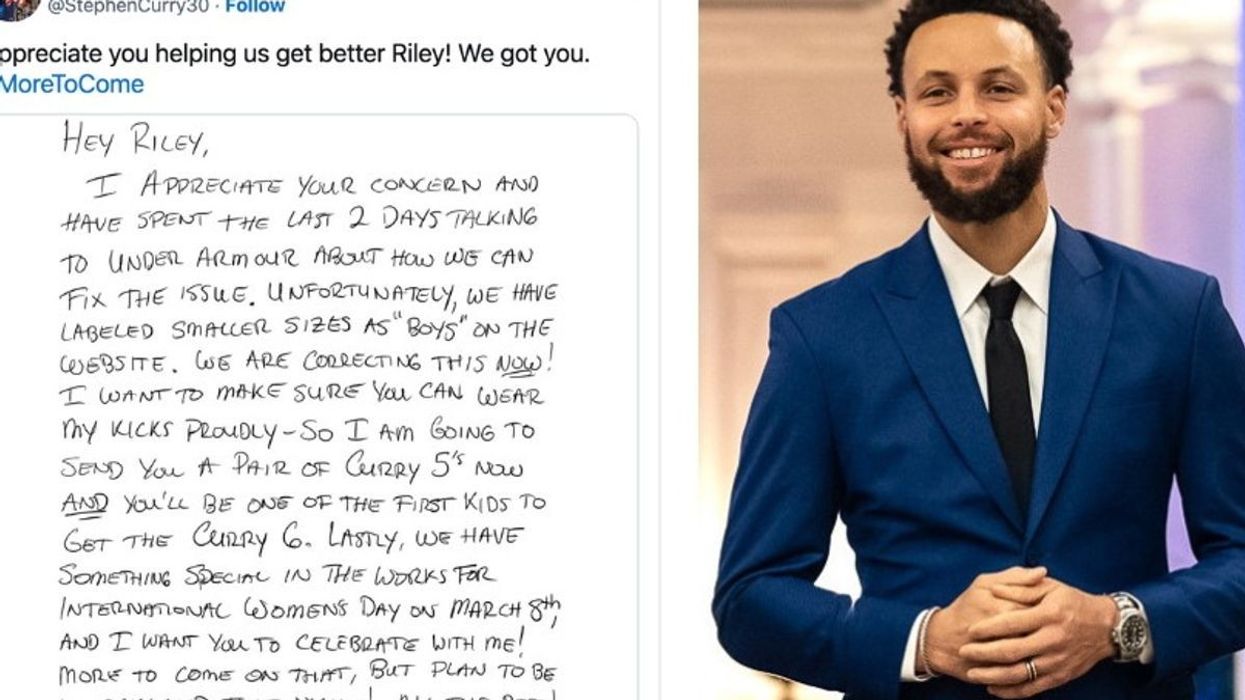On the black market, one kilogram of rhinoceros horn can bring in up to $100,000. It’s a lot of money, but a small price to pay for a cure for cancer, which is often why buyers are snatching up the high-priced substance. Despite the globe’s waning population of rhinos (the world is down to about 29,000, The Wall Street Journalreported last month), their horns are still popular ingredients in traditional Asian medicines, thought to cure ailments from cancer to hangovers to gout.
TRAFFIC is a U.K.-based wildlife trade monitoring network, and it wants to change the culture around rhino horns. As TakePart’s Taylor Hill reported last week, the organization has set up workshops at traditional medicine schools in the Vietnamese cities of Hanoi and Ho Chi Minh City. TRAFFIC hopes to teach the next generation of traditional medicine practitioners that there are alternative—and more humane—ingredients.
The workshops will ensure “not only that the students are never putting themselves or their patients at risk, but also that they are not pushing rare species closer to extinction,” TRAFFIC’s Vietnam head, Madelon Willemsen, said in a statement. “Practicing TM [traditional medicine] responsibly by not using endangered wildlife will secure the future of TM, and help reduce demand for rhinos in Vietnam.”
According to the organization, 1,215 of South Africa’s rhinos were poached in 2014, more than three per day. The last Vietnamese Javan rhino was poached in 2010.
“Many of us decided to study medicine as a way to help people and make the world a better place,” said Vietnam Military Medical University student Le Thi Linh, who attended one of the workshops. “I didn't realize until today just how much we can contribute to wildlife conservation in our careers.”
Most countries ban the trade of rhino horn, though some policymakers argue that this move has actually made rhino poaching more profitable. The few rhino horns sold through legal means often ignite bidding wars. A 19th-century rhino horn that was auctioned off as an antique in Vancouver this November, was expected to fetch $20,000. But a “grand battle” between four Asian bidders pushed the price to $228,000, The Vancouver Sun reported.
(Via TakePart)













